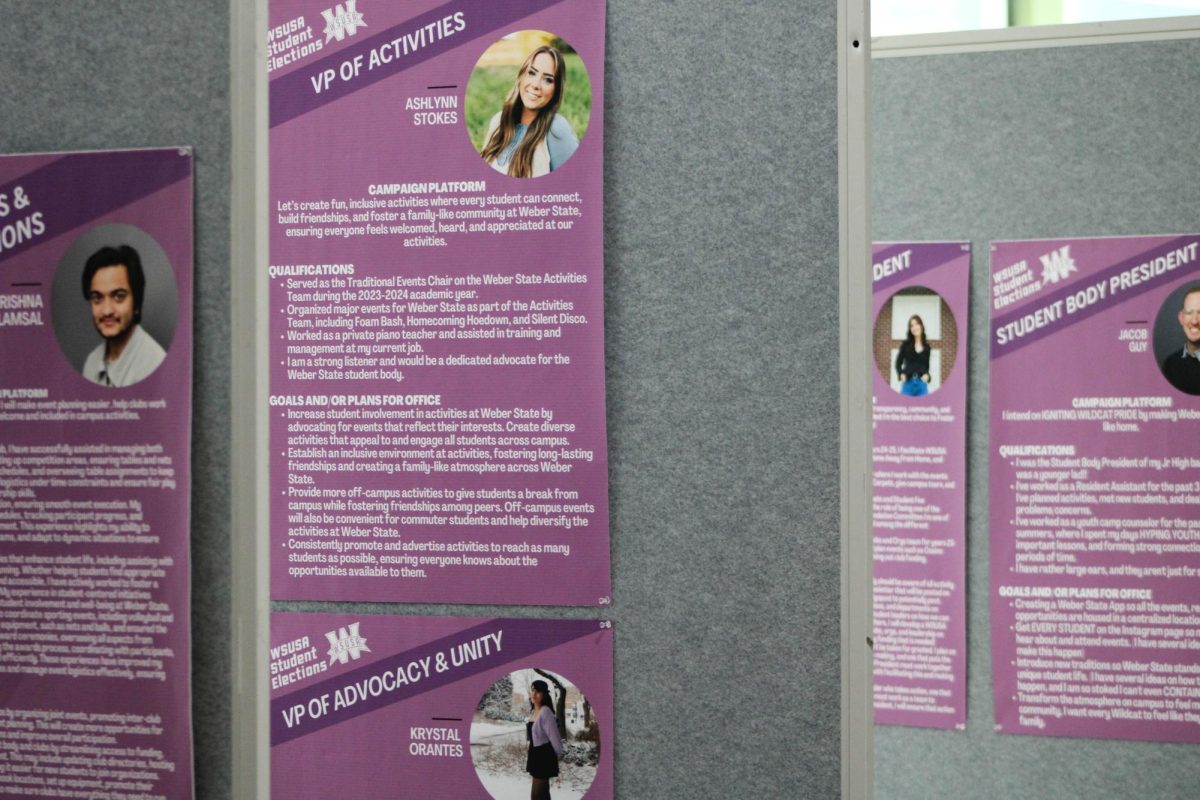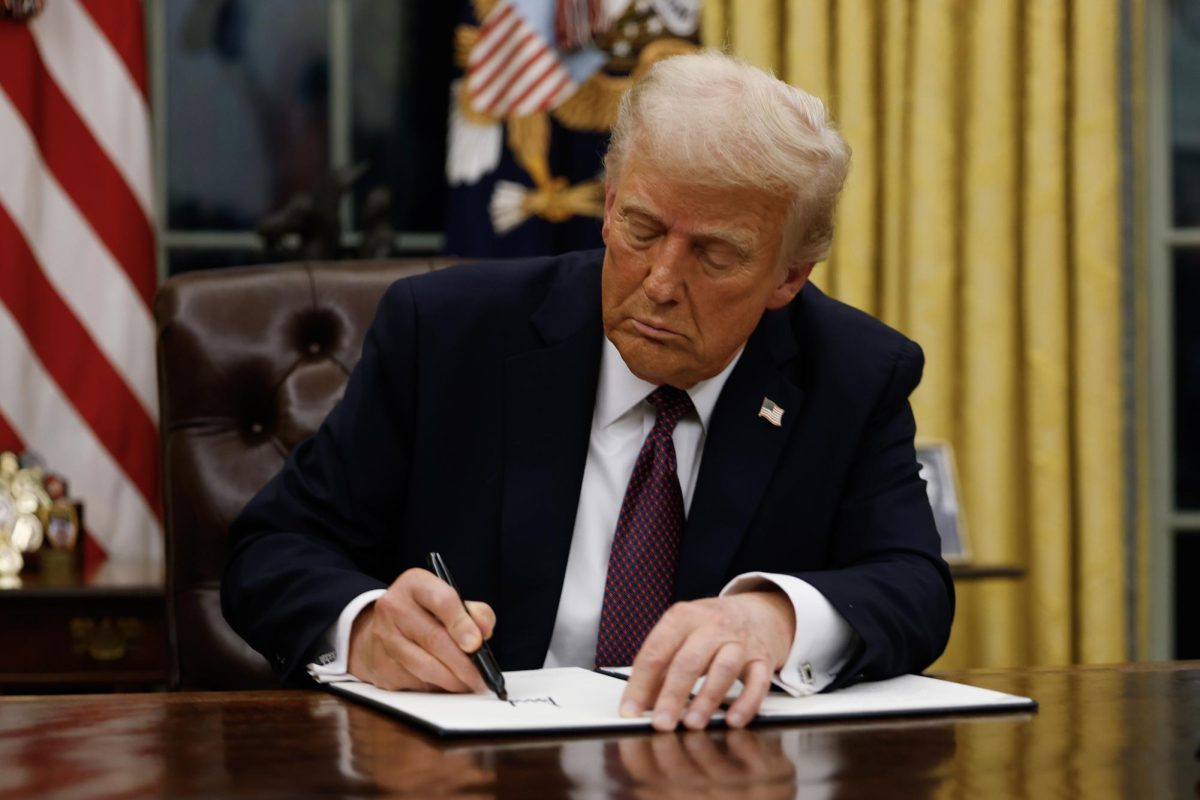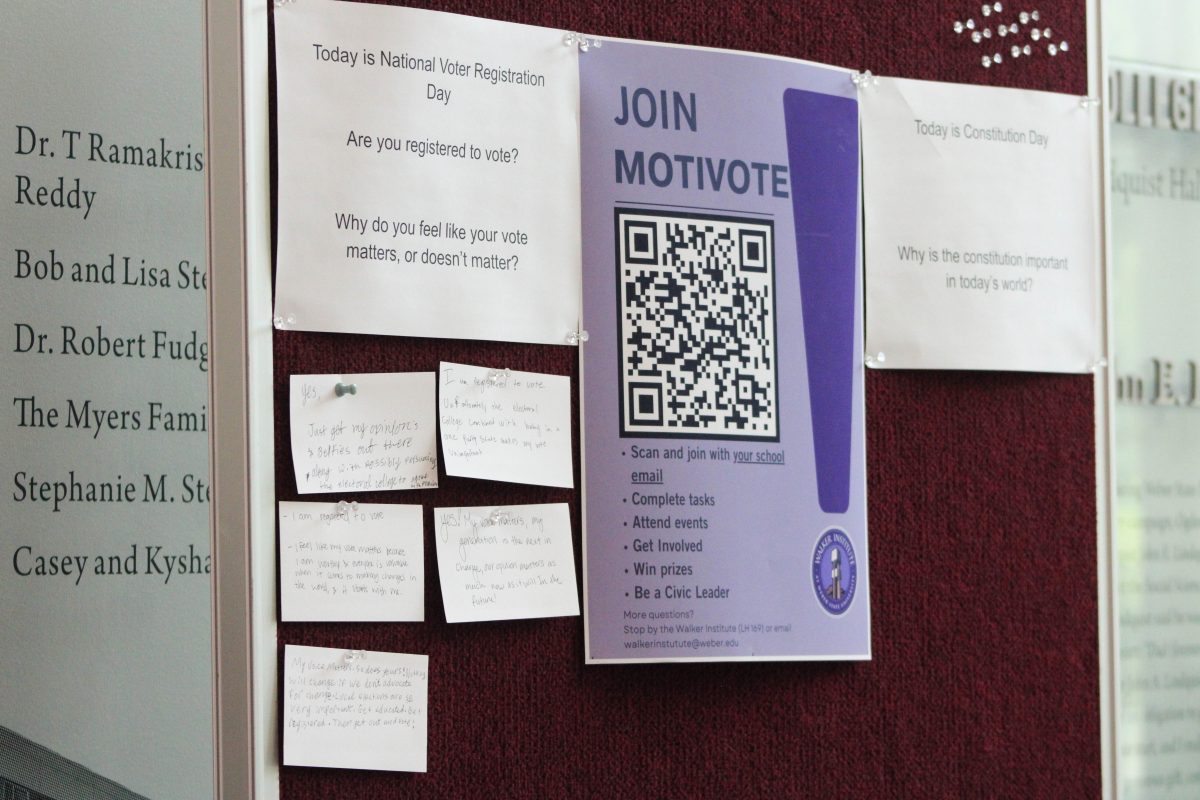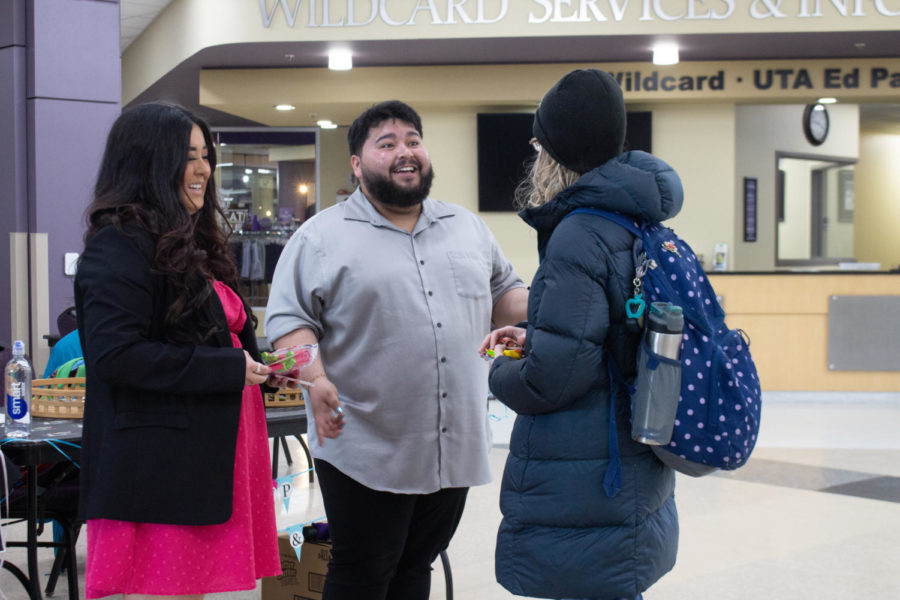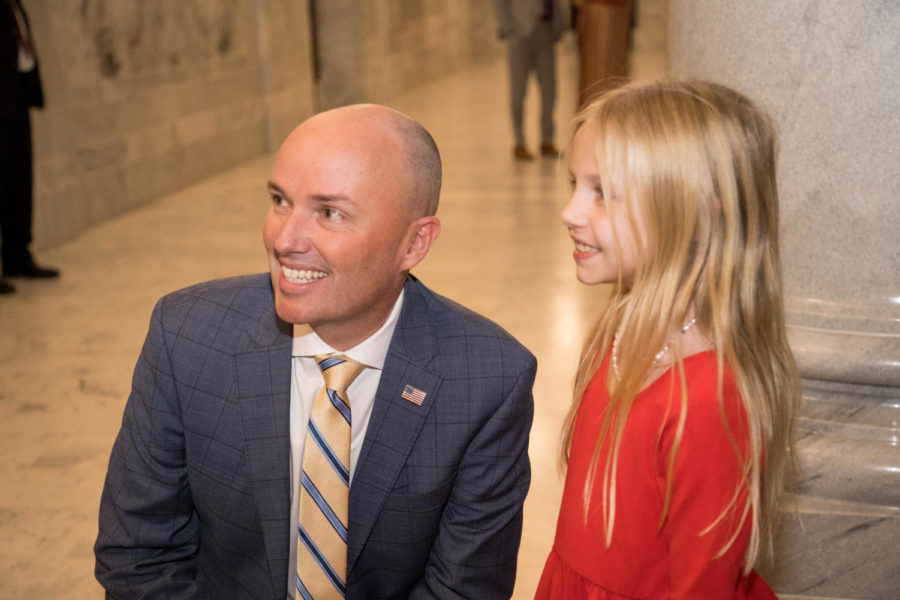The Weber State University Student Association announced the results of the student senate election Feb. 24, but some positions have yet to be filled.

The names of 16 senators were announced. Of the eight remaining slots, six have yet to be filled, and another two are pending.
There were no applicants for the eight remaining positions of Pacific Islander Senator, Athlete Senator, Bachelor of Integrated Studies/Honors Senator, Veterans Senator, Residence Hall Senator, International Students Senator, Education Senator and the Engineering and Applied Science and Tech Senator.
Six of these positions will be filled through an interviewing process with SIL advisers.
“The interviewing process will also likely include next year’s legislative vice president,” said Tara Peris-Caputo, director of student involvement and leadership.
The two pending positions remain unfilled until write-in candidates are contacted from the write-in list. In the event that candidates do not accept the position, the pending positions will also be filled through the interview process.
Freshman Myla Andersen has concerns over the lack of participation in running for student senate, and has an idea of why some students may be unwilling to run for a leadership position on
senate.
“I don’t think that people understand what student senate does so they don’t run for it,” Andersen said.
Chibuike Chikere-Njoku is the traditional student senator elect for the 2017–2018 school year. He said that one of the reasons why he believes students aren’t willing to run is because they don’t have a lot of information about running and sometimes the information that they do have is inaccurate. “Students have misconceptions as to what it means to be in WSUSA,” Chikere-Njoku said.
Sheldon Cheshire, coordinator of leadership programs, sees barriers to participating in the elections, but ideas for how to address that issue are harder to come by.
“It’s on the outgoing senators to let their constituents know that they can run for
office,” Cheshire said.
Cheshire believes that talking with another person about running for any sort of office is a good way to motivate people to take the chance in running. He said that marketing and advertisement alone will not change this phenomenon, and potential candidates must be encouraged to run by another person.



